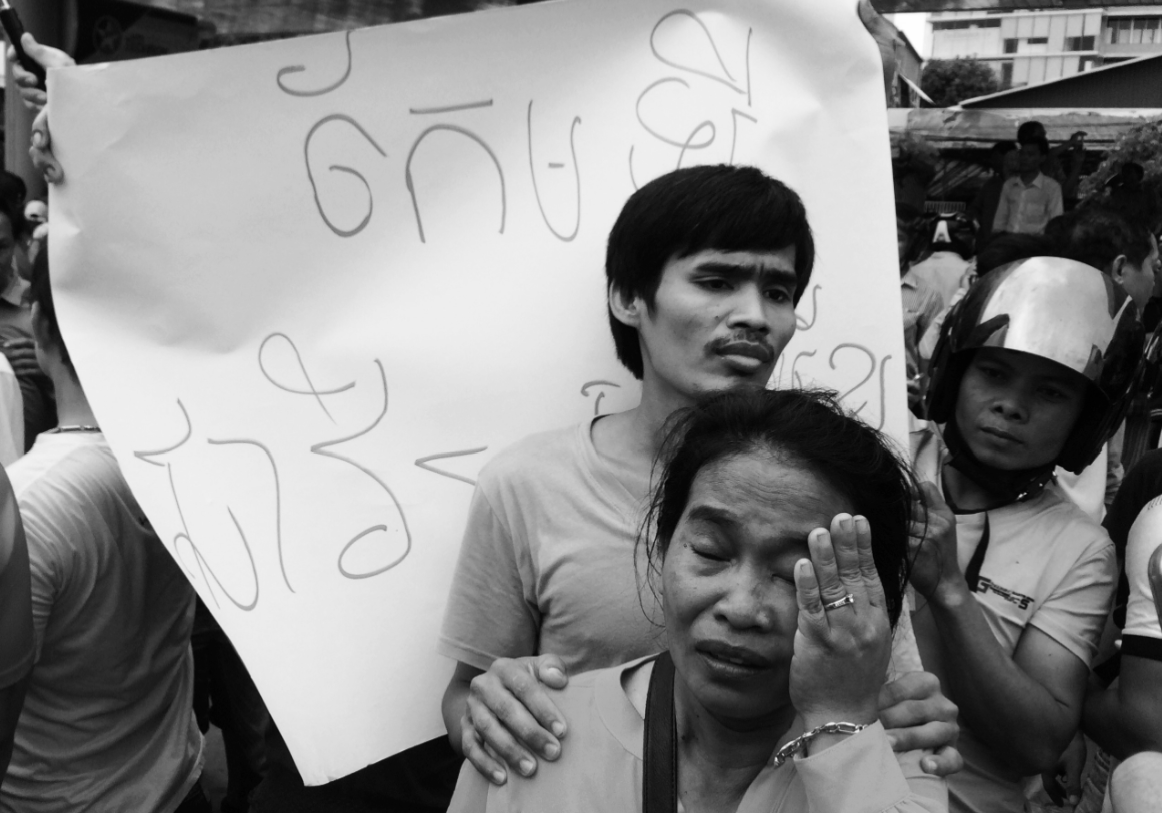Today, on the third anniversary of the killing of prominent political commentator and human rights defender Kem Ley, the ICJ and 21 other civil society organizations renewed their call on the Cambodian government to establish an independent and impartial Commission of Inquiry to conduct a thorough and effective investigation into his killing.
“It has been three years since significant gaps were highlighted in the investigation and trial of Kem Ley’s case, which need to be remedied through an independent, impartial and effective investigation,” said Frederick Rawski, ICJ’s Director for Asia and the Pacific.
“The lack of progress reflects a clear lack of political will by the Cambodian government towards meeting its obligations under international law to fully and impartially investigate a potentially unlawful death and protect the rights to life and to effective remedy,” he added.
On 10 July 2016, Kem Ley was shot and killed while having a morning coffee at a gas station on Monivong Boulevard in central Phnom Penh. On 23 March 2017, after a half-day trial hearing, the Phnom Penh Municipal Court found Oeuth Ang – the suspect arrested by authorities who identified himself as “Choub Samlab” or ‘Meet to Kill’ – guilty of Kem Ley’s murder, and sentenced him to life imprisonment.
On 24 May 2019, Cambodia’s Supreme Court rejected Oeuth Ang’s appeal against his sentence and upheld his life imprisonment term.
On 23 March 2017, the ICJ, Human Rights Watch and Amnesty International highlighted eight specific issues that had been inadequately investigated during the trial of Oeuth Ang, and called for an investigation in line with international standards, including the International Covenant on Civil and Political Rights (ICCPR) and the Revised United Nations Manual on the Effective Prevention and Investigation of Extra-legal, Arbitrary and Summary Executions, known as the Minnesota Protocol (2016).
The upholding of Oeuth Ang’s sentence by Cambodia’s highest court in May 2019 – despite the failure of lower courts to sufficiently address shortcomings in his trial – also raises serious concern as to the lack of independence of the judiciary in Cambodia.
The lower courts that considered the case were the Phnom Penh Municipal Court and then the Court of Appeal, which rejected Oeuth Ang’s first appeal, before he then appealed to the Supreme Court, where his appeal against his sentence was also dismissed.
These courts did not address the clear shortcomings that had marred the investigation and the original trial before the municipal court.
In October 2017, an ICJ report found that the lack of independent judges and prosecutors was the “single largest problem facing the Cambodian justice system” – where “the rule of law is virtually absent” and political interference and corruption in cases are endemic.
Given the lack of trust and confidence in the impartiality, independence and competence of the Cambodian judicial system, the civil society organizations have urged the Cambodian authorities to request that an appropriate body with independent experts, such as a Commission of Inquiry, be established under the auspices of the United Nations into Kem Ley’s case.
Cambodia-Kem Ley 3rd year-Advocacy-open letter-2019-ENG (full call in PDF)
Read also
Cambodia: Commission of Inquiry into killing of Kem Ley should be established without further delay
Cambodia: request to create a commission of inquiry into the killing of Kem Ley
Cambodia: significant questions remain after guilty verdict in Kem Ley trial
Cambodia: Kem Ley’s killing demands immediate credible and impartial investigation
Contact
Kingsley Abbott, ICJ Senior Legal Adviser, e: kingsley.abbott(a)icj.org

